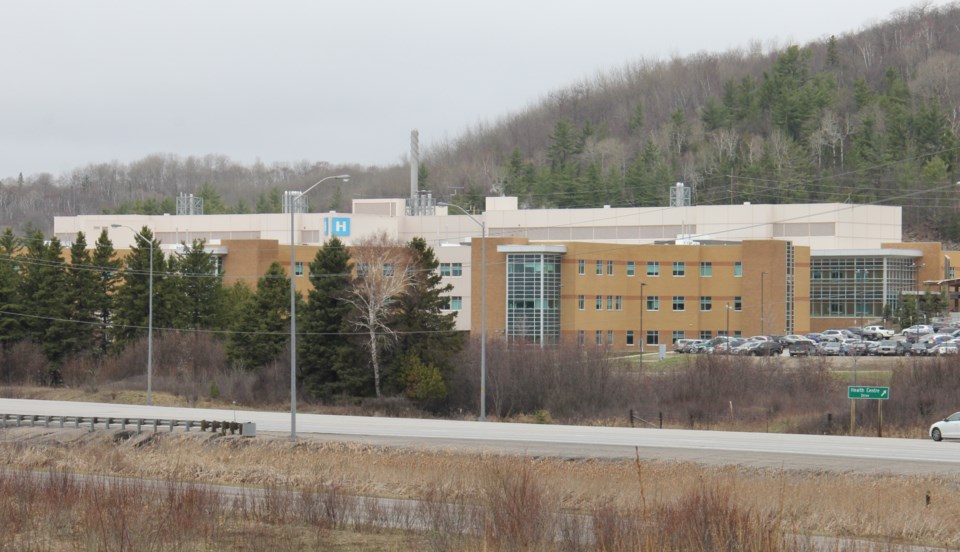Here's your chance to add your two cents.
A lobby group named the "Ontario Health Coalition" wants to collect stories from patients, families, and hospital staff, and organize them to generate a public debate about the changes needed to protect and improve local public hospital services.
Its North Bay stop is tomorrow at 10 a.m. - 12:30 p.m. at the Royal Canadian Legion, 150 First Avenue W.
A news release says the Coalition has spent the last decade fighting hospital cuts and privatization of services and working with local groups to save local hospitals from closure.
"Every day, health coalitions across Ontario are contacted by people who have stories and ideas to share about their hospitals. The stories run the gamut from life-affirming to heart-breaking. People have received excellent and life-saving care. Patients have been stuck on stretchers in hallways, sunrooms, patient lounges for days waiting for a bed. Frail elderly patients have been pushed out of hospital too quickly, ending up back in Emergency Departments. Paramedics have been frustrated waiting for hours to offload their patients into overcrowded hospitals. People have tried to access health records and been refused key information, or, conversely, hospitals have communicated well and are responsive to their communities. Public hospitals have innovated to reduce waits, or instituted programs that integrate care so it is seamless and well-organized. Nurses and care staff are working with crushing workloads. Doctors are seeing their services taking second place to bean-counting, or are concerned about vital care being moved out of town."
The goal is to come up with a platform of ‘progressive reform’ that the Health Coalition will use leading into the provincial election planned for next spring to address the issues of under capacity, cuts, privatization, and overcrowding.



